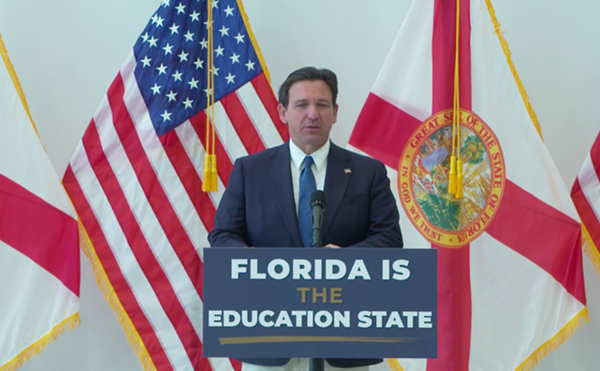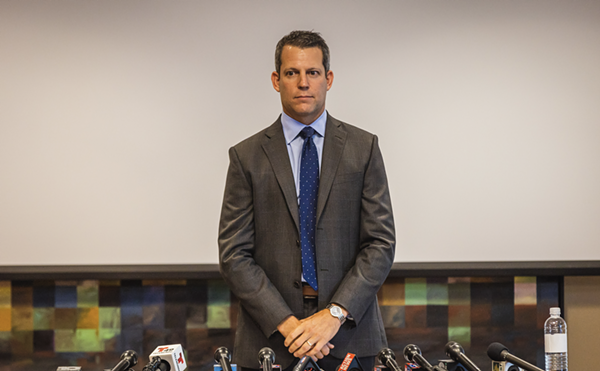As the Wilderness Society has written in a letter to members of the media, Congressman Young boasts about his environmental record on his website, such as restoring the cleanup of the Everglades. On his site he says:
In fact, during his chairmanship of the Appropriations Committee, he negotiated the final agreement that became the first major legislation authorizing the Everglades project. The state and federal government have worked hard to build an agreement that fully funds the Everglades restoration and we should not do anything to weaken this relationship or reverse our promise. Congressman Young looks forward to the day when we can declare the Everglades as healthy and protected from further pollution.
During his presidential campaign, President Obama said that "our national parks are one of America's most precious treasures, and that we should do all we can to ensure that they are properly maintained and available for all Americans to enjoy."
True to his words, last year he initiated the America's Great Outdoors Initiative, asking Americans about the places they love and how we might protect them. The resulting report, based on the administration's dialogue with nearly 200,000 Americans, recommends using the Antiquities Act to create new national monuments and moreover, encourages Americans to offer their suggestions for candidates.
The Sunshine State has enjoyed the benefits of the act.
- Biscayne National Park was originally protected through Congress using the Antiquities Act. Protected as Biscayne National Historical Park in 1968, it was re-designated in 1980.
- Dry Tortugas National Park was originally protected through the Antiquities Act in 1935 by Franklin D. Roosevelt. Initially called Fort Jefferson, it was re-designated and re-named in 1992.
- Fort Matanzas was protected by Calvin Coolidge in 1924. An historic Spanish fort, built between 1740 and 1742, this site was originally the smallest ever designated through the Antiquities Act, at just one acre; it has now been expanded to protect nearly 300 acres surrounding the fort.
The Wilderness Society is pushing back hard against specific criticisms of the Act made by GOP lawmakers, such as Nevada Congressman Dean Heller, who said earlier this year that new national monuments would "limit access, threaten grazing rights, end mineral exploration and mining, and even impact private property.”
Not true, says the advocacy group, responding
Monument designations do not lock up resources. Under the Antiquities Act, all “valid existing rights,” which include rights of way, patented mining claims, private property, and mineral leases, are grandfathered before the designation can move forward. For example, if a company holds a valid lease to drill for oil prior to the monument being created, then they can still drill after the monument is created. And grazing rights continue to be managed under existing law after a monument is created.
But it is true that moving forward, these areas are withdrawn from new mineral leasing, new rights of way, and the areas will not be sold to private individuals. So basically it freezes the status quo moving forward.
Again, the House Appropriations Committee could vote on this as early as this Tuesday.

















